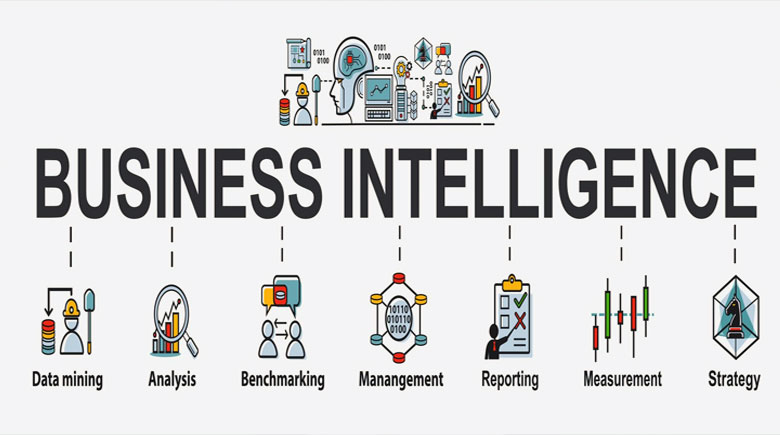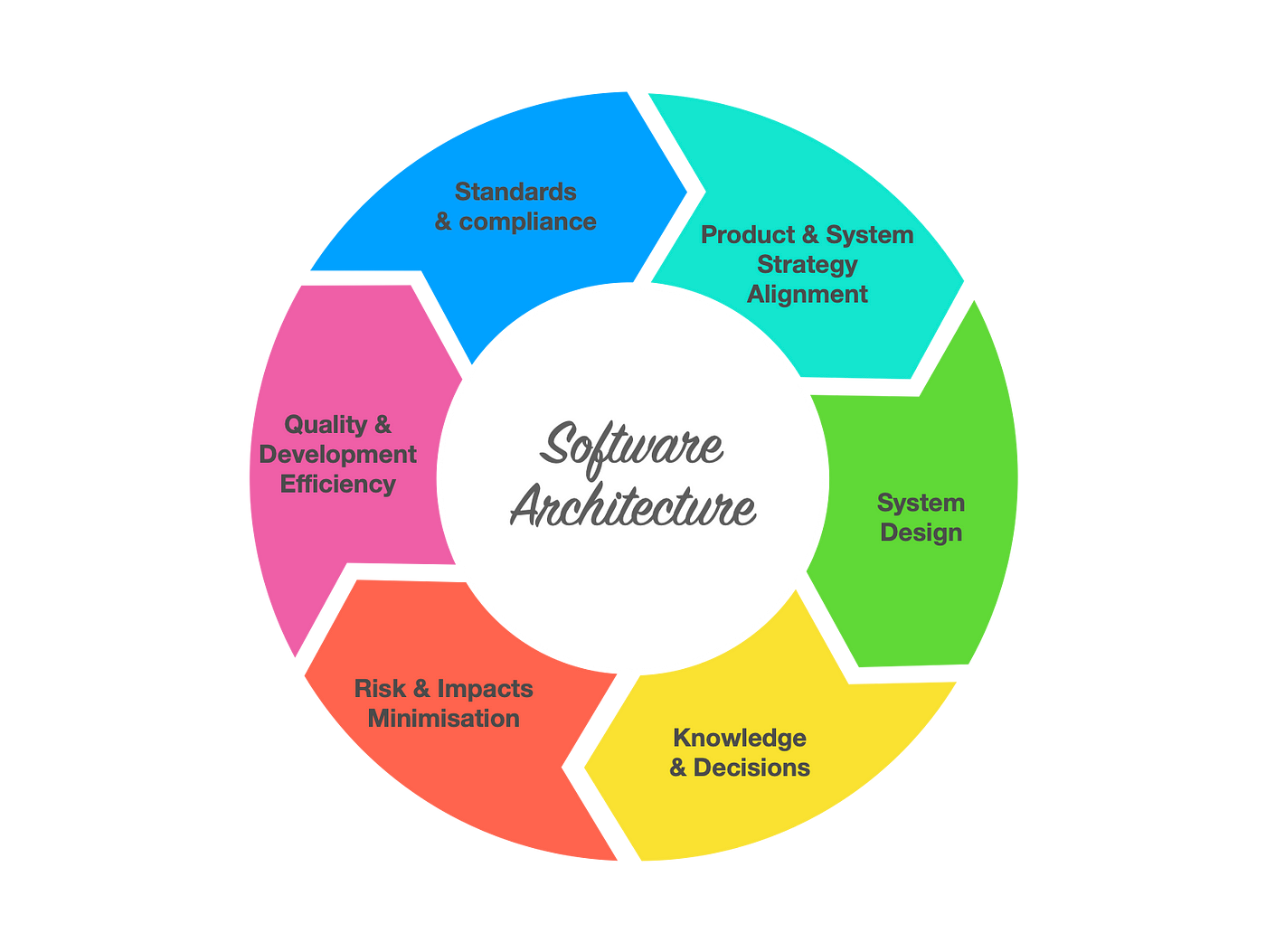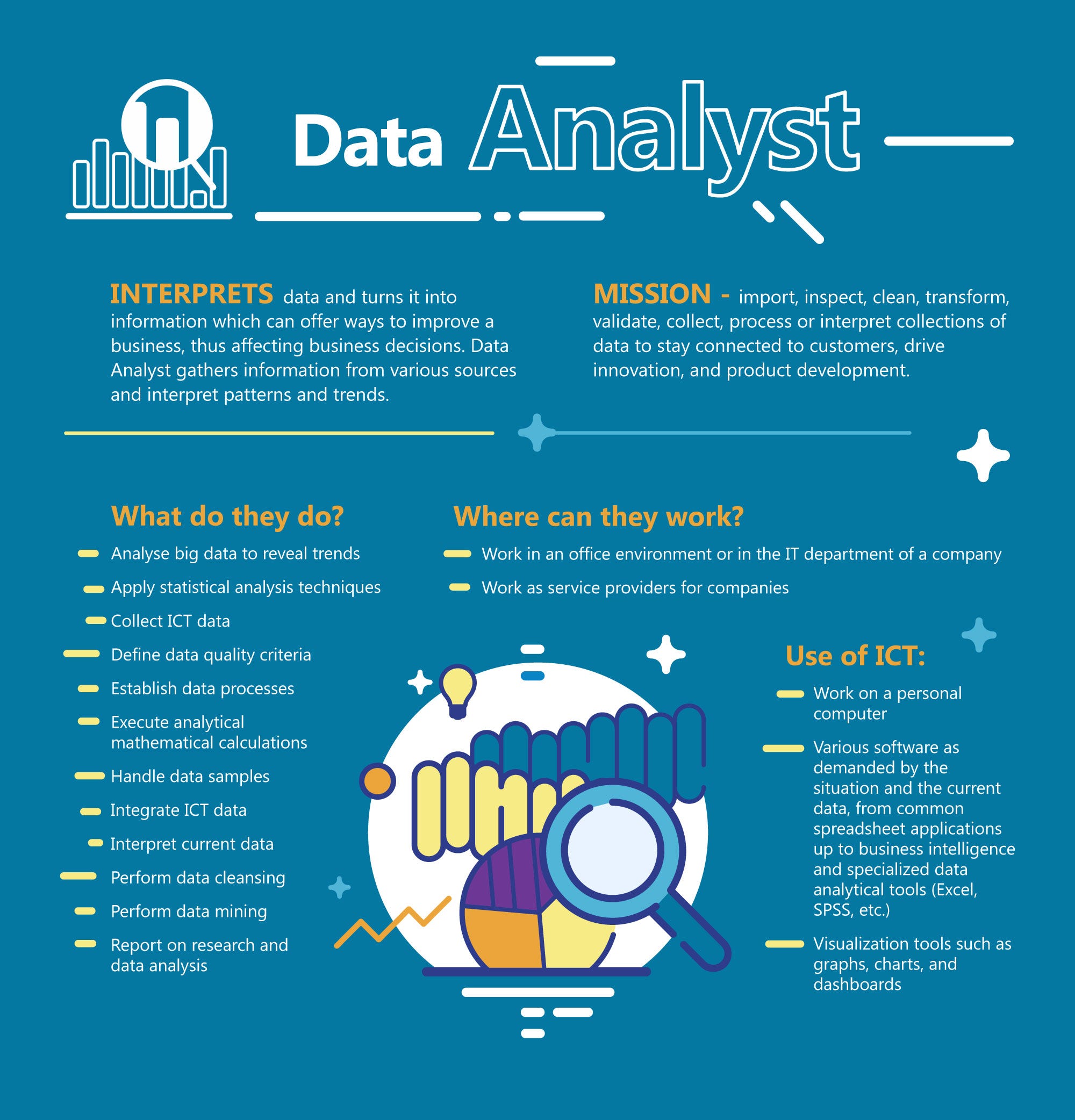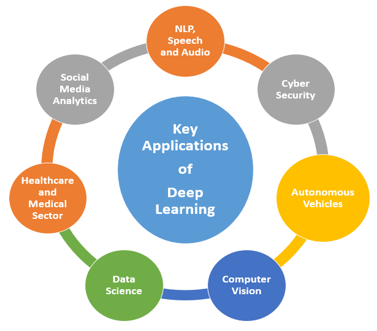An artificial intelligence job can be immensely fulfilling as a result of the AI revolution’s unmatched potential for innovation and growth. The increasing adoption of AI in various industries, including healthcare and space exploration, has led to a significant rise in the demand for highly skilled personnel. Being a professional in artificial intelligence not only places you at the forefront of scientific advances but also provides opportunities for a range of well-compensated and dynamic work options.
Artificial Intelligence (AI) refers to the field of computer science that focuses on the development of intelligent machines capable of doing tasks that typically require human intelligence. As previously stated, AI refers to the cognitive abilities exhibited by machines. This might vary from extremely simple algorithms to complex systems that have the ability to gain knowledge and modify themselves over time.
An AI professional is responsible for doing various tasks related to artificial intelligence. This may include developing and implementing AI algorithms, designing and training machine learning models, analyzing data, and optimizing AI systems. They are also involved in researching and staying up-to-date with the latest advancements in the field of AI.
Overall, an AI professional plays a crucial role in leveraging AI technologies to solve complex problems and improve various industries. AI experts have multiple roles and responsibilities. They may engage in the creation of novel AI algorithms, the construction of AI-driven applications, or the incorporation of AI into preexisting systems. Additionally, they may be engaged in research or data analysis.
10 Different Artificial Intelligence Jobs:
An artificial intelligence job isn’t going to look the same, no matter how new or specialized the field is. There are many different types of professions within AI, each requiring a unique set of abilities and backgrounds.
Machine Learning Engineer
Engineers specializing in machine learning bridge the gap between data science and software engineering. They use programming frameworks and big data technologies to build scalable data science models which can manage terabytes of real-time data and are ready for production.
![8 Machine Learning Careers [+ Job Outlook for 2023]](https://onlinedegrees.sandiego.edu/wp-content/uploads/2022/01/team-of-computer-engineers-work-on-machine-learning-neural-network-picture-id1182697691-1.jpg)
Anyone with experience in data science, software engineering, or applied research would be well-suited for a career as a machine learning engineer. Job postings for artificial intelligence positions often ask for candidates with a solid background in mathematics, as well as expertise in neural networks, cloud computing, machine learning, Python, and Scala. Being proficient with integrated development environment (IDE) tools, such as Eclipse and IntelliJ, is also helpful. A four-year college degree is often required, preferably in the field of computer science or another discipline that is related.
In the United States, a machine learning engineer can expect to make an average of $131,000. Companies with greater salaries, such as Apple, Facebook, Twitter, etc., offer an average of $170,000 to $200,000.
Data Scientists

Data scientists are useful for many things; they gather data, process it, and find patterns. To find useful patterns in data and extract knowledge from it, they employ a wide range of technological tools, procedures, and algorithms. Anything from simple tasks like finding outliers in time-series data to more involved tasks like forecasting the future and offering suggestions falls under this category. A data scientist is often required to have the following skills and experience:
- A bachelor’s degree
- A master’s degree in a field like Computer science, mathematics, statistics, etc.
- Familiarity with statistical analysis and knowledge of unstructured data
- Proficiency in Python, Perl, Scala, SQL, and other programming languages
- Familiarity with cloud computing and its associated tools, such as Amazon Simple Storage Service (S3) and Hadoop.
- Expertise in Big Data technologies such as Hadoop, Spark, Pig, MapReduce, etc.
Earnings for data scientists often range around $100,000. Salaries for directors of data science can range from $100,000 to $200,000 per year, depending on experience.
Business Intelligence Developer
Developers specializing in business intelligence (BI) sift through mountains of data, both internal and external, in search of patterns. A person doing this for a financial services firm may, for instance, keep an eye on stock market data that investors use.

Someone in a product company’s distribution strategy team could be keeping an eye on sales data. But business intelligence developers aren’t analysts; they don’t write the reports. Their usual duties include creating and managing complicated data models and storing them in readily accessible cloud-based data platforms so that business users may access the dashboards. A BI developer should have the following qualifications:
- Minimum Requirement: Bachelor’s Degree in Engineering, Computer Science, or Associated Field
- Practical knowledge in data mining, SQL, data warehouse design, etc.
- Excellent analytical and technical abilities;
- Experience with business intelligence tools (e.g., Tableau, Power BI, etc.)
The average pay for business intelligence developers is $86,500, but with experience, this can reach $130,000.
Research Scientist
A research scientist is among the most academically oriented careers in artificial intelligence. They challenge AI to think outside the box and come up with novel answers. Math, statistics, machine learning, and deep learning are just a few of the areas in which they excel when it comes to AI. Researchers, similar to data scientists, are anticipated to own a Ph.D. in computer science.
Research scientists are expected to have broad knowledge in computer vision, graphical models, RL, and NLP by the hiring organizations. Competence in machine learning, artificial intelligence, distributed computing, benchmarking, and parallel computing is an advantage.
The average income for a research scientist is $99,800 per year, yet this number can fluctuate widely due to the great demand for their services.
Big Data Architect/Engineer
Big data engineering specialists and architects create solutions that facilitate efficient communication between different business sectors and technology. In contrast to data scientists, this position often requires a higher level of engagement, as engineers and architects are often responsible for the strategic planning, conceptualization, and implementation of large-scale data infrastructures on Hadoop and Spark platforms.

A Ph.D. in computer science, mathematics, or a closely related discipline is generally preferred by the majority of workplaces. Nevertheless, compared to professions such as research scientists or AI engineers, practical experience is sometimes considered an acceptable alternative for individuals lacking advanced degrees. Proficiency in programming languages such as C++, Java, Python, or Scala is a prerequisite for big data engineers. Additionally, they must have prior experience with data migration, data mining, and data visualization.
Big data engineers are highly compensated positions in the field of artificial intelligence, with an average annual income of $151,300. However, your typical pay may differ depending on the industry.
Software Engineer
AI software engineer develop software solutions specifically designed for artificial intelligence applications. They consolidate development responsibilities such as coding, continuous integration, quality assurance, and API administration for artificial intelligence jobs. They create and manage the software utilized by data scientists and architects. They remain knowledgeable and up-to-date with emerging artificial intelligence technologies.

A proficient AI software engineer is required to possess expertise in both software engineering and artificial intelligence. Proficiency in programming is required, along with statistical and analytical skills. Businesses usually require a bachelor’s degree in mathematics, statistics, physics, computer science, or engineering. A data science or AI certification is also advantageous for obtaining employment as an AI software engineer.
The median annual income of a software engineer is $108,000. The average pay can reach up to $150,000, depending on your specialization, experience, and sector.
Software Architects
Software architects create and manage platforms, tools, systems, and technical guidelines. AI software architects design and develop artificial intelligence technology. They design and manage the structure of artificial intelligence systems, devise and execute strategies, select the appropriate software tools, and ensure seamless data integration.
AI-driven organizations want their software architects to possess a minimum of a bachelor’s degree in computer science, information systems, or software engineering. In terms of practical application, experience holds equal importance to educational qualifications.

Gaining practical expertise in areas such as software development, data processing, statistical analysis, cloud platforms, and software development can be beneficial.
The average compensation for software architects is $150,000. Proficiency in data science, machine learning, and artificial intelligence can greatly increase your average wage.
Data Analyst
Traditionally, the role of a data analyst involved the collection, cleansing, processing, and analysis of data to extract valuable insights. Primarily, these tasks used to be ordinary and monotonous. Due to the emergence of artificial intelligence (AI), a significant portion of repetitive and uninteresting tasks has been mechanized. Consequently, the analyst position has been elevated to be one of the emerging AI professions. Currently, data analysts are responsible for organizing and formatting data to be used in machine learning models, as well as creating insightful reports based on the outcomes.

Consequently, an AI data analyst must possess knowledge beyond mere spreadsheets. To extract and process data, they must be proficient in certain database languages, such as SQL.Python for analysis and cleaning tasks? Analytics dashboards and tools for visualization such as PowerBI, Tableau, and so on. Using business intelligence to comprehend the organizational and market environment.
The average compensation for a data analyst is $65,000. Nevertheless, leading high-tech corporations such as Facebook and Google offer data analyst positions with an average compensation of over $100,000.
Robotics Engineer
The robotics engineer is considered one of the pioneering professions in the field of artificial intelligence, emerging around the 1950s when industrial robots started to become increasingly prominent.
Robotics has made significant progress, transitioning from being used on assembly lines to being utilized in the field of English education.
Robot-assisted operations are utilized in the field of healthcare. Humanoid robots are being developed with the purpose of serving as personal assistants.

A robotics engineer’s role is to facilitate the realization of these tasks and beyond. Robotics engineers construct and uphold robots that are powered by artificial intelligence. Organizations usually require graduate degrees in computer science, engineering, or a related field for such employment. Robotics engineers are typically required to possess expertise in machine learning, AI, CAD/CAM, 2D/3D vision systems, and the Internet of Things (IoT).
The typical annual salary for a robotics engineer is $87,000 but can increase to an average of $130,000 with accumulated expertise and specialization.
Natural Language Processing (NLP) Engineer
Artificial Intelligence specialists who focus on spoken and written human language are known as Natural Language Processing (NLP) engineers. Those engineers who deal with voice assistants, document processing, speech recognition, etc., make use of natural language processing.
Companies often look for candidates with advanced degrees in computational linguistics when hiring for NLP engineering positions. Additionally, those with a background in statistics, mathematics, or computer science can be accepted.

An NLP engineer would require expertise in modelling, data structures, sentiment analysis, n-grams, a bag of words, semantic extraction techniques, and general statistical analysis, in addition to computational abilities. Prior knowledge of Python, ElasticSearch, and web development would be beneficial.
An NLP engineer earns an average salary of $78,000, which increases to over $100,000 with expertise.
High demand AI skills for 2024
The particular expertise that is in great demand may change quickly. However, some general specialties that are in high demand include the following:
- Machine learning
- Data science
- Programming languages such as Python and R
- Cloud computing
- Mathematics and statistics
How Can One Start A Career In Artificial Intelligence?
If you have a desire to pursue a profession in artificial intelligence (AI), there are several actions you can take:
- Get a degree in a related discipline, such as data science or computer science.
- Enroll in online tutorials or courses to learn about machine learning and artificial intelligence.
- To increase your knowledge and expertise, take part in side projects.
- Look for entry-level jobs or internships in the field of artificial intelligence.
Various internet platforms and educational institutions offer abundant materials to assist you in embarking on your journey towards a career in AI.
This article presents the top 10 artificial intelligence jobs, highlighting the perfect moment to enter this flourishing industry and influence the future. Discover the advantages of securing an artificial intelligence job and how it could greatly improve your professional journey.
Does An Artificial Intelligence Job Worth It?
With hiring rising by 32% in recent years and a notable talent gap suggesting a high demand for skilled professionals, artificial intelligence (AI) is seen as a promising career path. The high salaries of AI professionals, such as researchers, engineers, and NLP experts, average over $100,000 per year, which is a reflection of the industry’s worth and the opportunities for financial gain it offers.
Professionals can work in a variety of capacities in this field, including consultants, product developers, freelancers, and more, thanks to its flexible work schedule and varied growth prospects. The abilities learned in AI may be used to a wide range of industries, which makes it a very desirable job path.




